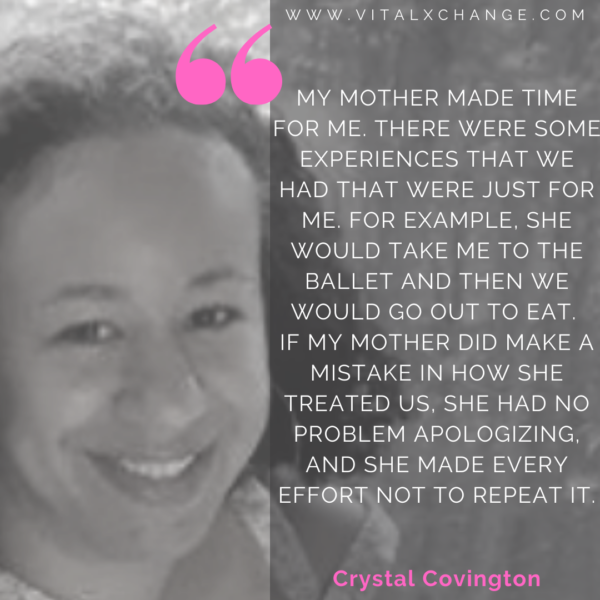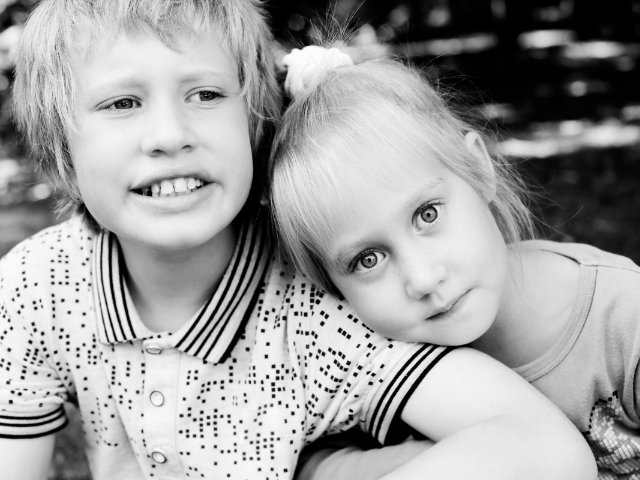Raising neurotypical and autistic siblings can be a challenge. Many parents of children with disabilities become dedicated to caring for that child at the expense of other activities and experiences. But what happens when there is a neurotypical child in the picture? How do you raise these children harmoniously? To answer these questions, I thought I would draw upon my experience of having an older brother with Autism and share 8 tips to consider when raising children with different needs.
1. Be honest about the disability
I remember asking about Autism in middle school. My mother explained the condition to me, and I was able to explain this to my friends. I was empowered with knowledge and information. Therefore, I did not feel ashamed of my brother’s disability. Many neurotypical siblings feel like they don’t know all the information and, as a result, may have trouble accepting/understanding behaviors displayed by their siblings. A key to raising neurotypical and autistic siblings is ensuring they are informed.
2. Have realistic expectations of the neurotypical sibling
When considering responsibilities, it is important to consider the age, development, & cognitive abilities of the neurotypical child. One would not ask a 3-year-old child to cook dinner on a stove independently, so why expect this same child to understand how to care for their sibling? Think about what you are asking of your neurotypical child & if it is appropriate.
3. Same rules for both neurotypical and autistic siblings
My mother had the same rules for my brother and me. We had to clean our rooms, wash dishes, etc. Again, you must ensure your expectations are appropriate based on age, cognition, and physical abilities. On the other hand, you want to ensure that there isn’t a different set of rules for your neurotypical child, which can breed resentment towards the child with a disability.
4. Validate feelings
When feeling sad or frustrated, the WORST thing a person can say is, “Don’t feel that way” or “You shouldn’t feel like that.” Hearing these words makes a person feel as if their feelings/experiences are insignificant. Create a safe space for the neurotypical sibling to express themselves. As parents, we need to vent & express ourselves without judgment; neurotypical siblings need this same opportunity.

5. Make Quality Time
My mother made sure to provide her undivided attention without the pressure of interacting with my brother. She would take me to the ballet or go to the movies with me & my friends, etc. Having this quality time with my mother not only built a strong bond, it made me feel special & important. She would also spend quality time with my brother. We were equal; 1 child wasn’t more significant than the other.
6. Celebrate Achievements
As a child, I played trombone in a marching band (fun fact). My parents made sure to attend all my events. My brother & I graduated school the same year & they threw a big party for both of us (together). I loved it!! I felt special & felt like my accomplishments mattered. Make sure you celebrate the achievements of all the children, no matter how big or small.
7. Discuss the Future
As children develop into adults, many parents make the mistake of assuming that the neurotypical child will care for the child with a disability without having a conversation. I knew I wanted to support my brother in adulthood, but my mother had great foresight. She knew I would have my own career, family, etc. (and she was right, as always). My mother arranged for my brother to live in a special residence, and he enjoys it. She never pressured me to take on the “parental” role. Have a discussion as a family with all neurotypical and autistic siblings about future goals and arrangements.
8. Apologize & Learn
This last tip is probably the most important. We ALL make mistakes. As a parent, it is important to recognize the errors of our ways, apologize, and try not to repeat them. This small act not only validates the feelings of the neurotypical child but also demonstrates humility. My brother used to go into my room and touch my things. I told my mom, and she said that Jason (my brother) has Autism and I needed to be understanding. My mother later apologized for dismissing my concerns. She realized that she did not like it when Jason went into her room without permission, so why should I (as a child) tolerate the behavior? My mother apologized, and from that day forth, she never disregarded my feelings.
I hope these 8 tips are useful and help you think about the relationship between neurotypical and siblings with disabilities.




